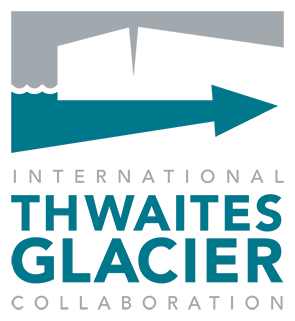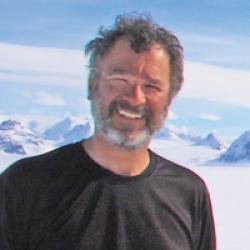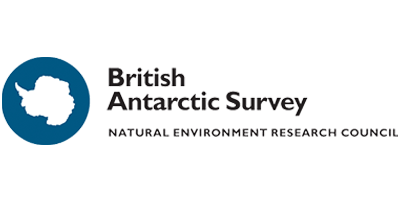Posts
Instrument Highlight: Phase-sensitive radar (ApRES), Filchner Ice Shelf
Research teams use phase-sensitive radars for determining ice shelf basal melt rates. Data is used to enhance climate models.
The ApRES instruments yield time series of ice shelf thickness change at precisions of ~1 mm. Measurements taken over a 10-day period will generate information about derived melt rate of a few cm per annum or better. The is used improve the performance of ocean models.
TIME blog 2018-2019
Thwaites Interdisciplinary Margin Evolution (TIME) is funded by the National Science Foundation (NSF) and National Environment Research Council (NERC) to study the Eastern Shear Margin of Thwaites Glacier in West Antarctica. The project is trying to better understand the response of the glacier to changes in climate and the contributions to sea level rise of this collapsing glacier.
See the blog at https://studyearth.wixsite.com/utepthwaites
Ted Scambos is a Senior Research Scientist at the Earth Science Observation Center of the Cooperative Institute for Research in Environmental Sciences. His research interests include glaciology; remote sensing of the poles; climate change effects on the cryosphere; Antarctic history; geochemistry; and planetary science.
Scambos is a lead principal investigator for the Science Coordination Office of the International Thwaites Glacier Collaboration (SCO project). He and his team will integrate ITGC efforts for efficiency and effectiveness, foster wider scientific collaboration, and deliver crucial science outcomes to key stakeholders.
Scambos is also a co-investigator on the TARSAN project.







